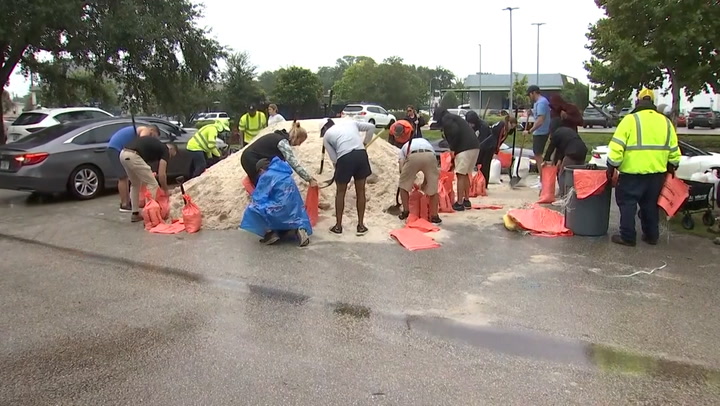December means doors opening daily on Advent calendars. Behind each, a tiny vision of festive joy (or, more likely these days, a chocolate). A good moment to speculate on how the concept could extended to travel – and how the mechanics of moving around could be improved, especially for the benefit of those travelling at Christmas.
Let’s start with aviation security. I have written about how Yuletide passengers should prepare for the airport. Start by allowing bags of time for the security checks; loads of us are travelling, and wearing coats, hats and scarves because it’s midwinter. Regarding those bags filled with fragile gifts: don’t wrap presents before airport security; leave those Christmas crackers out; and make it a snowdome-free journey, as flaky festive stocking-fillers are full of liquid.
My first wish for December is that the airport security experience could be gentler in America. As one of the 2,377,887 passengers screened by the US Transportation Security Administration on the day after Thanksgiving, I can talk from my very recent experience at New York’s JFK airport.
Every time I use the airport, the passenger journey seems even worse. On Friday morning I was waiting to be processed at the main security checkpoint in Terminal 4, the main domain for Delta and Virgin Atlantic. The screens warned it would take 20-25 minutes for processing. But then something weird happened. About 50 of us were told to follow an airline employee holding a sign reading “Follow Me”.
“It will be faster,” I was promised. In fact, anything slower is difficult to imagine. The gentleman proceeded at the pace of a lethargic snail across the departures concourse, away from where the actual planes were located. Then we were led down two escalators to ground level.
Finally, after about 10 minutes of this 21st-century take on the Pied Piper, we ended up in a corner of the terminal where an enormous security queue had built up. The dozens of us, increasingly bewildered. were duly added to the end of the line.
The queue supremo was one of those officials who occasionally pop up in transport roles, barking monosyllabic commands that are particularly unhelpful when directed at passengers for whom English is not a mother tongue. She would occasionally allow a procession of passengers pleading imminent flights to jump the queue – to the extent that everyone else’s flights became imminent.
I had allowed a relaxed 90 minutes between arrival at the terminal and the departure of my domestic flight to Kansas City. Next time? Two hours, although a better outcome would be never to trouble JFK with my presence again.
I had flown in the previous evening from London Heathrow Terminal 3 – which was described earlier in the week by the Virgin Atlantic boss, Shai Weiss, as “not fit for purpose”.
As a 63-year-old facility, that is perhaps not surprising. What is more of a concern is that the two-year-old Elizabeth Line appears unfit for the purpose of delivering passengers to the UK’s leading airport. In theory, six trains should run each hour between central London and Heathrow Terminals 2 and 3, even off-peak.
At the height of the Thursday evening rush hour, a well-meaning member of the Elizabeth Line platform staff assured me: “Everything is running perfectly. Not like yesterday or the day before.”
Tuesday and Wednesday had seen hundreds of cancellations on what is now the UK’s prime piece of rail infrastructure. But with gaps of 20 minutes between trains, it did not look especially ideal to me. The “Heathrow hurtle” was in evidence that evening: passengers who had been held up sprinting from the predictably packed airport trains towards Departures.
Perhaps the new transport secretary, Heidi Alexander, may address national embarrassment; she was previously deputy mayor of London with responsibility for transport.
Meanwhile, do let me know your Advent wishes for easier travel: [email protected]
Simon Calder, also known as The Man Who Pays His Way, has been writing about travel for The Independent since 1994. In his weekly opinion column, he explores a key travel issue – and what it means for you.
Source: independent.co.uk



